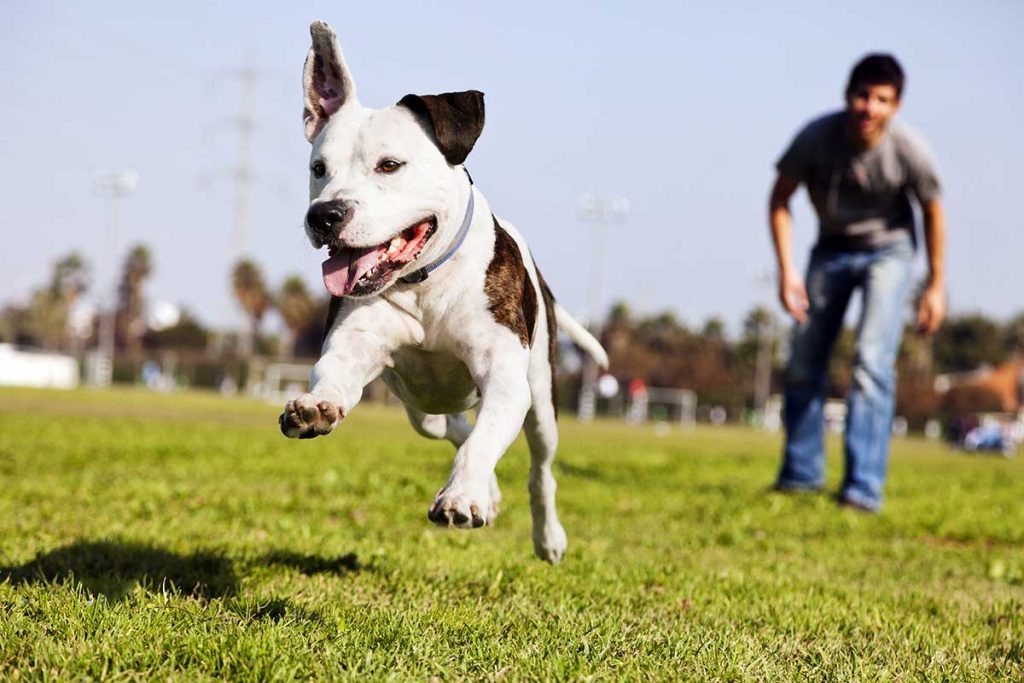Pet Cancer Awareness Month, and it’s a great time to spread knowledge about pets and cancer, as well as a time to educate ourselves about the things we can do to prevent or treat cancer in our own pets.
Cancer can be caused by a variety of environmental and genetic factors, and there are many different types of cancer that range in how aggressive and common they can be.
Any dog can develop cancer at any point in their life, though some breeds are more genetically predisposed. The Veterinary Cancer Society reports that Golden Retrievers, German Shepherd Dogs, and Rottweilers can have up to a 70 to 80 percent chance of developing cancer over the course of their lives.
Older dogs are also more at-risk, and the American Kennel Club Canine Health Foundation reports that up to half of all dogs over age ten will develop cancer. Overall, one in four dogs will likely develop cancer in their lifetime, and it’s the leading cause of death in dogs.
Clearly, cancer is one of the greatest threats to the health and well-being of our canine companions, which is why Pet Cancer Awareness Month is so important. As responsible pet parents, we need to be aware of the ways we can fight cancer and teach others to do the same.
And as always, talk to your veterinarian. They can provide you with a lot of information and advice to help you make good decisions and keep your pets safe.
Here is what you should know during Pet Cancer Awareness Month.
Pay Attention To Diet
Many dog parents buy the same old kibble every day for their dogs’ entire lives. New studies and research seem to indicate that this may not be the best dietary option when it comes to our dogs’ health, and there is also a link between what our dogs eat and cancer.
Traditional dog food is sometimes full of grains that can be contaminated with toxins such as aflatoxin B1 that cause cancer. Additionally, carbohydrates from grains and corn are converted into sugar in the body, which fuels cancer cells.
Even good foods, like fresh vegetables and fruits, can have traces of pesticides or herbicides on them that are carcinogenic. It’s important to be mindful not only of what your dog is eating, but where the food is sourced from and how it’s prepared.
On the other hand, there are several foods that are full of vitamins, nutrients, and antioxidants that can give dogs’ immune systems a major boost, prevent cancer, and help in the treatment of cancer. Many vets prescribe specific diets for dogs who have cancer.
Do some research, talk to your veterinarian, and consider making your dog’s food from scratch on your own. Do NOT make any changes to your dog’s diet without first consulting your veterinarian.



